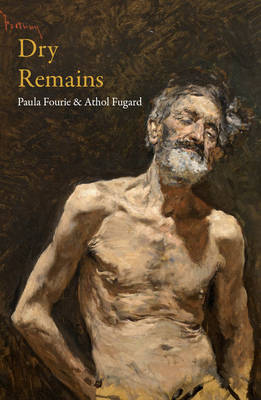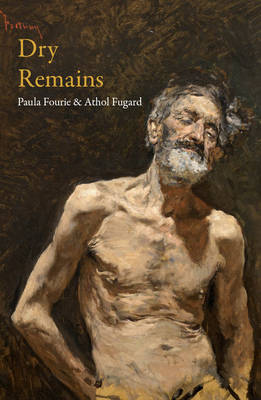
- Retrait gratuit dans votre magasin Club
- 7.000.000 titres dans notre catalogue
- Payer en toute sécurité
- Toujours un magasin près de chez vous
- Retrait gratuit dans votre magasin Club
- 7.000.000 titres dans notre catalogue
- Payer en toute sécurité
- Toujours un magasin près de chez vous
Description
Paul Auster meets Samuel Beckett in Dry Remains, a literary detective story and dazzlingly macabre anti-biography, co-written by one of South Africa's most celebrated authors.
"I am not a good man," the Protagonist wrote in one of his many notebooks.
The body of an old man is found in a remote South African village. Two detectives are sent to investigate, observe and meticulously catalogue its slow decomposition. Listening to the echoes that linger in the Protagonist's disintegrating mind and poring over his handwritten notebooks and letters, they probe ever deeper into his life as it unfolded over the years. What they are looking for are explanations for the gradual decay of his moral fibre, the apparent withering away of his ability to do right. A haunting osmosis of fact and fiction, Dry Remains represents the coming together of two authors - one at the beginning of life, the other at the end - to take an unflinching and hopelessly human look at a life and its consequences. And at the possibility of dying, nonetheless, with a smile on one's face.Spécifications
Parties prenantes
- Auteur(s) :
- Editeur:
Contenu
- Nombre de pages :
- 196
- Langue:
- Anglais
Caractéristiques
- EAN:
- 9781914228704
- Date de parution :
- 25-04-23
- Format:
- Livre relié
- Format numérique:
- Genaaid
- Dimensions :
- 130 mm x 198 mm







